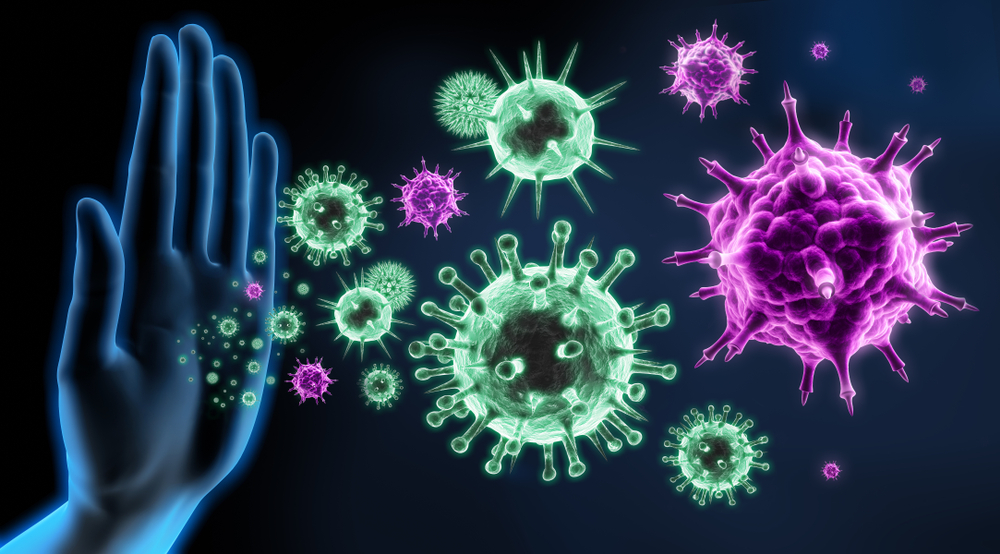Arginine is a semi essential amino acid found in many food supplements dedicated to bodybuilding.
But what is arginine used for?
Arginine is a semi-essential basic* amino acid.
This means that an adult organism can normally synthesise it according to its needs, but that an external contribution may be necessary due to certain deficiencies or following a major trauma. This amino acid represents about 7% of the amino acids in our body's proteins. It is the precursor of creatine phosphate and is involved in the metabolism of the urea cycle.
Nitric oxide (NO) is naturally synthesised by the body from arginine and oxygen by NOS (nitric oxide synthetases) enzymes. This nitric oxide relaxes the blood vessels and regulates their flexibility, thus improving circulation and reducing blood pressure.
As highlighted by the discoveries of Dr. L. Ignarro, winner of the Nobel Prize for Medicine (1998), arginine, combined with folic acid, provides effective protection against heart disease. It can be associated with its action on hair growth. Indeed, nitric oxide, a powerful vasodilator, by allowing the potassium channels (in the cell) to be opened will stimulate the irrigation of their roots. Thus arginine has many benefits.
Arginine allows the reduction of insulin resistance and increases glucose tolerance.
It stimulates the formation of collagen and the growth of osteoblasts which are at the origin of the development of bone mass (which can be an asset in the fight against osteoporosis), associated with ornithine and glutamine, by their common action of detoxification, it will promote sleep. Finally, as a biological precursor of nitric oxide, arginine lowers cholesterol levels. Here aresome reasons to take arginine.
*Basic amino acids are arginine, lysine and histidine to which ornithine can be added.
Food sources of arginine
Red meat, Poultry, Fish, Pulses, Oats, Brown rice, Dairy products, Nuts, Hazelnut.
HISTORICAL
1886 :First time isolate.
1932 :Discovered its role in urea metabolism.
1939 :Discovery of its involvement in creatine synthesis.
1998 :Dr. Louis Ignarro receives the Nobel Prize in Medicine (with Dr. R. Fuchgott and Dr. F. Murad) for the discoveries of the action of nitric oxide in preventing heart disease.



